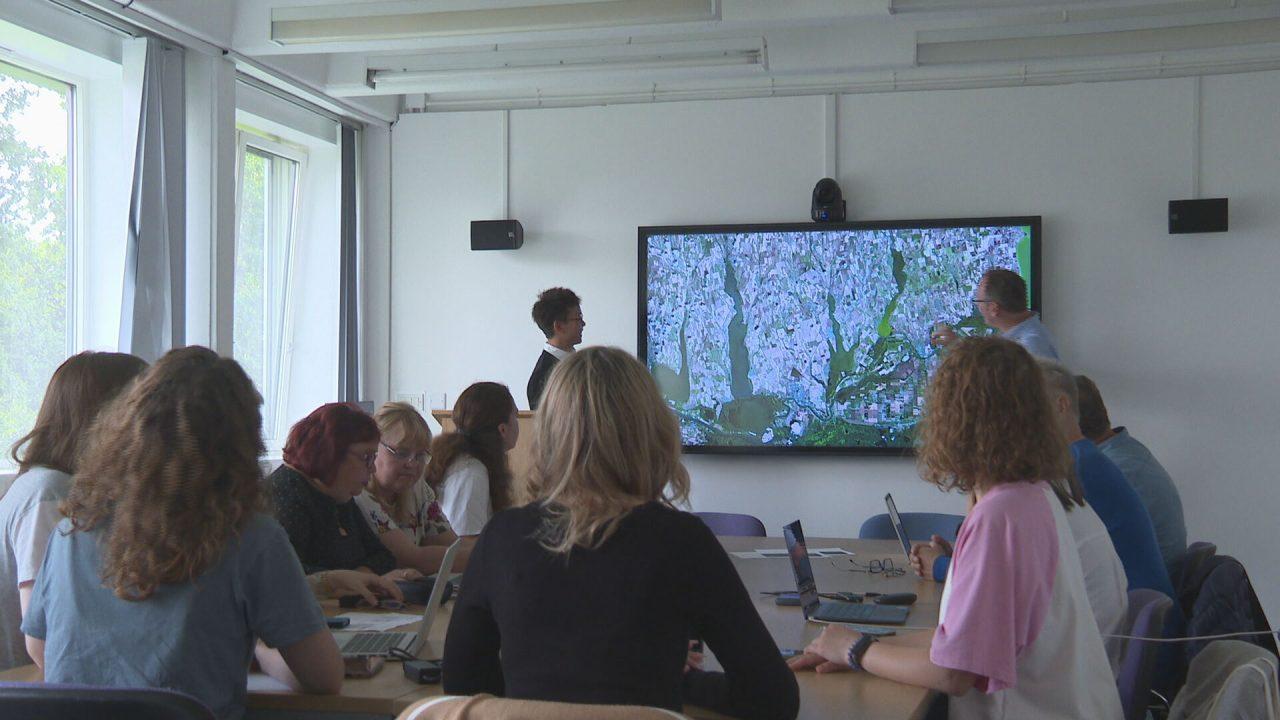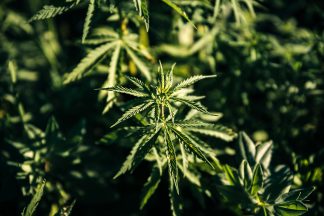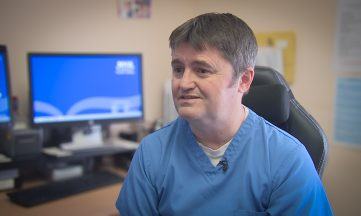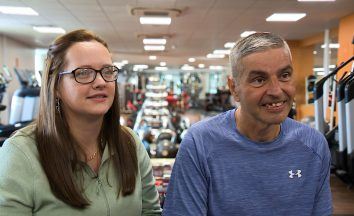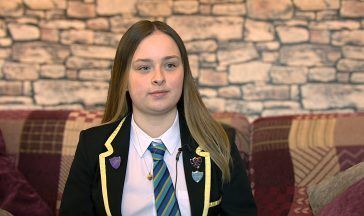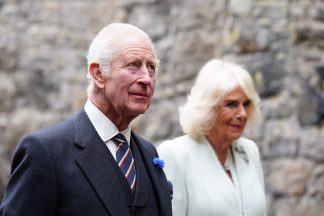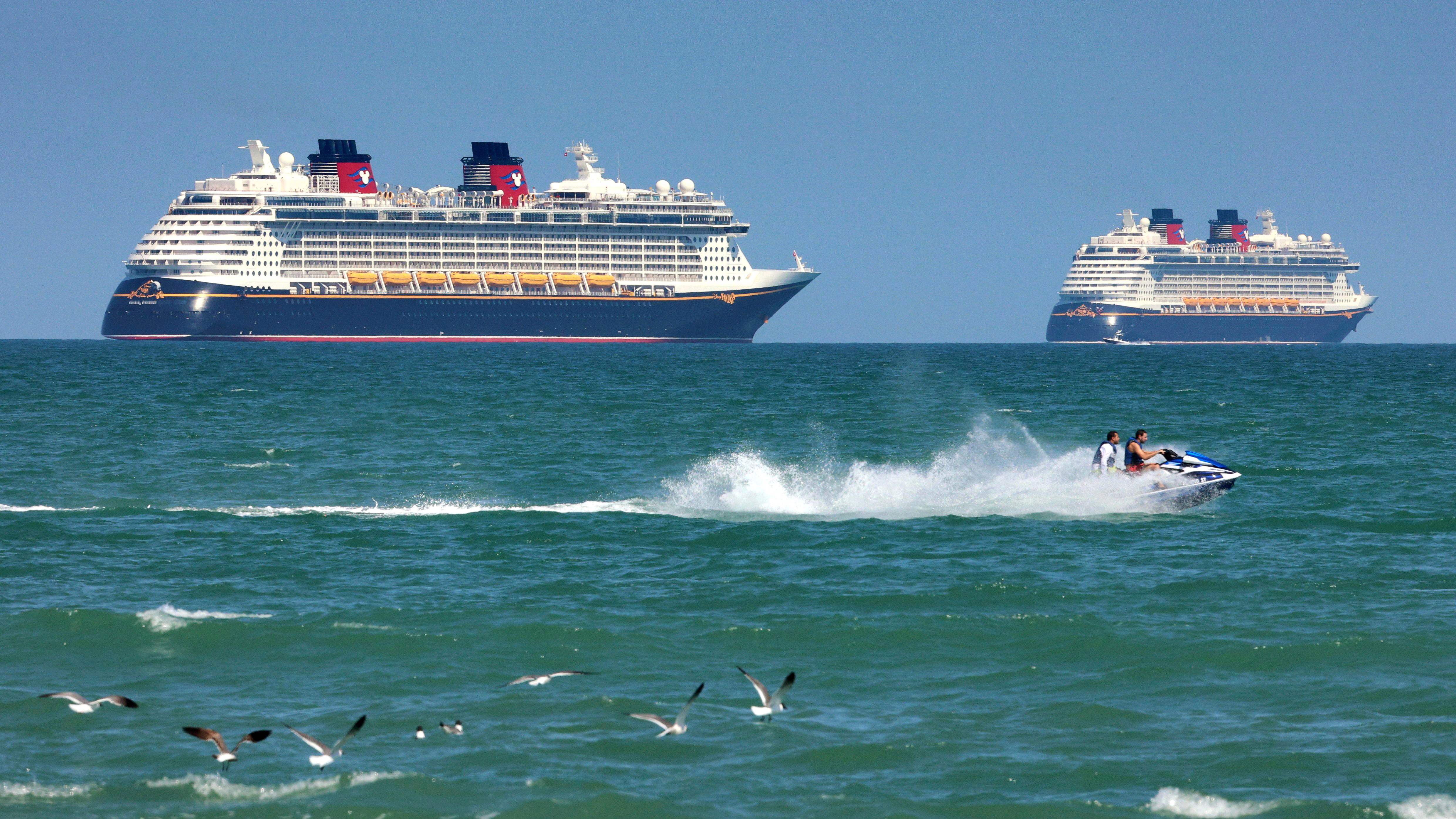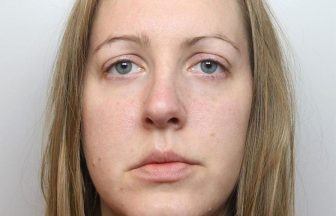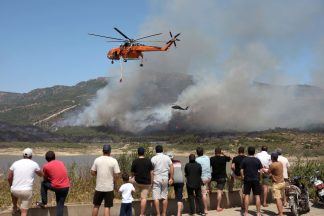Ukrainian environmental scientists have visited Scotland to help them tackle the unfolding water crisis in the war-torn country.
Staff and postgraduate students from Odessa State Environmental University have been working with the University of Stirling to gain practical training they have been missing out on due to the Russian invasion.
Russian attacks on infrastructure in their home country mean their expertise is needed now more than ever.
Flooding from the destruction of the Kakhovka reservoir in southern Ukraine by Russian forces left thousands homeless and without drinking water in June.
Experts warn the disaster will have catastrophic consequences for food supplies and ecosystems reaching into the Black Sea.
Professor of environmental science and Scotland Hydro Nation Chair Andrew Tyler said the satellite technology is “fundamental” in allowing scientists to carry out the work in adverse circumstances.

He told STV News: “Giving the Ukrainians the skills to do that using satellite technology is a game-changer – because clearly in a conflict zone, you can’t implement conventional sampling techniques that we would normally have in western countries and indeed around the world.
“Scientists understand the impacts of conflicts. We have so many pressures on our water bodies in terms of climate change, population change and agricultural intensification.
“Understanding these areas is important to understand so we can mitigate the deterioration of water quality, implement strategies to avoid those areas to clean up water before it gets used so we can protect health.”
The joint research project between the two universities will see remote water quality monitoring carried out using satellite technology.
Stirling University’s faculty of natural sciences uses satellites of the European Space Agency to monitor water quality, including the detection of algal concentrations, harmful algal blooms, and mineral and organic matter.
Water quality can be remotely sensed and monitored by instruments aboard satellites and aircraft as well as sensors deployed on and under the water’s surface.
The two-week visit has seen Ukrainian scientists venture on a boat trip on Loch Lomond, allowing them to to work with the technology in a safe environment.
Professor Valeriya Ovcharuk is director of the hydrometeorological Institute and head of the land hydrology department at the Odesa State Environmental University.

She added: “It’s very difficult for our work, for our family, for students, for the working in the university. We have a problem with the electricity.
“It’s been a very good experience for our teaching staff and postgrad students.
“Yesterday for example, again we had an attack on Odesa. And one of the big supermarkets was destroyed.”
She explained the collapse of the Kakhovka reservoir in June has impacted agriculture and household supplies of water in the south and eastern parts of Ukraine.
“It’s a very big problem as we need irrigation – now it’s a zone of insufficient water,” she said.
“After the dam was destroyed, this water was polluted, and flowed down to the sea.
“We don’t know what the effects will be – but it’s dangerous for biodiversity and people’s health.”
Professor Nikolai Berlinsky, head of the oceanology and marine management department at the university, said the trip has been “fantastic” for building upon their existing knowledge.
He added: “I personally thank Professor Tyler, and the administration of Stirling University.
“It is awful and very dangerous for us at home. I called my wife today and she was very afraid.
“But we hope it will be okay for the future.”
Follow STV News on WhatsApp
Scan the QR code on your mobile device for all the latest news from around the country


